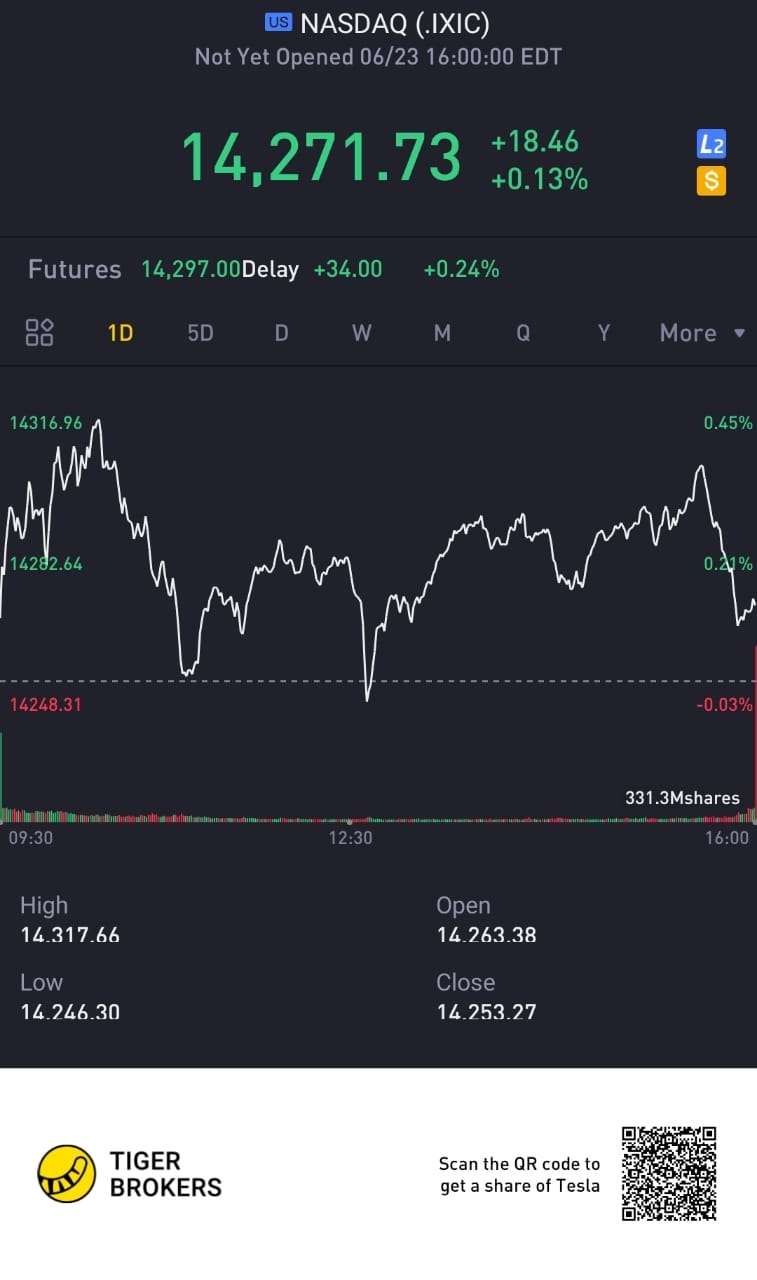
JoeKun
No personal profile
5Follow
26Followers
0Topic
0Badge
ok
@ToughCoyote:My strategic plan to enter market in second half of 2023
Ok
Dow Jumps 400 Points, Nasdaq Surges 2% As Investors Cheer Lighter-Than-Expected Inflation Report
Ok
U.S. Stocks Open Higher As Wall Street Looks to Build on Three Weeks of Gains for S&P 500
Ok
Palantir Q2: Investors Beware
Ok
Alibaba Is Still Not A Buy, Here's Why
Ok
Warren Buffett's Secret Portfolio Has 95% of Its Assets in These 2 Sectors
Ok
Why the U.S. Stock Rally Is Starting to a Look like a New Bull Market, According to These Analysts
Ok
VOO: 3 Reasons To Avoid This Fund Right Now
Ok
PayPal Stock Surges 12% in Morning Trading on Q2 Earnings Beat
Ok
Sorry, the original content has been removed
Ok
Energy Stocks Have a Sustainable Future: It’s in Their Dividends
Ok
Sorry, the original content has been removed
Good
Apple: I'd Rather Buy The SPY
Ok
Apple: I'd Rather Buy The SPY
Ok
Sorry, the original content has been removed
Ok
Sorry, the original content has been removed
Ok
Italy's Antitrust Probes Samsung Over Alleged Unfair Commercial Practices
Ok
Inside Volatility Trading: Is VIX Backwardation Necessarily A Sign Of A Future Down Market?
Ok
Alphabet, Boeing And Meta Platforms: U.S. Stocks To Watch
Ok
Sorry, the original content has been removed
Go to Tiger App to see more news